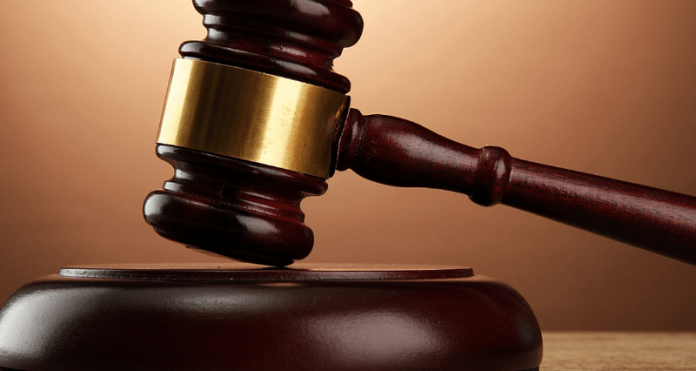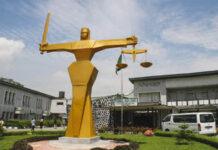Mrs. Okonjo Udokanma, the CEO of Fine & Country West Africa, has been ordered by the Federal High Court in Lagos to pay Providus Bank Plc $97,982.19, which is the remaining balance of an overdraft facility connected to her World Elite Card.
Providus Bank brought the case, FHC/L/CS/901/2025, which focused on whether the defendant had accepted and used the overdraft capacity as stipulated in her account-opening agreement and whether the bank had the right to collect the unpaid balance with interest.
In his ruling, Justice Ambrose Lewis-Allagoa concluded that Mrs. Okonjo consented to Clauses 12 and 23A–B, which give the bank the right to issue and collect overdrafts with relevant interest, by willingly signing her account-opening forms.
The Court observed that her frequent withdrawals exceeding her account balance were indicative of her explicit use and acceptance of the service.
The Court affirmed the bank’s ability to collect the debt, but rejected Providus Bank’s request for a 26% interest rate, lowering it to 10% annually until the debt is fully repaid.
“Courts will intervene where such rates become unnecessarily exorbitant,” noted Justice Lewis-Allagoa, despite banks’ right to charge interest on overdrafts.
Mitchel A. Aribisala, the attorney for Providus Bank, argued that the defendant’s regular use of the World Elite Card and her refusal to contest the bank’s claims constituted to recognition of the facility and its associated responsibilities, and the judge agreed.
The defendant’s Bank Verification Number (BVN) was linked to Fine & Country International Realty (West Africa) Ltd’s account, and the company submitted a corresponding application to lift the PND restriction on that account. However, the application was denied.
In JSC BTA Bank v. Ablyazov[2015] UKSC 64, the UK Supreme Court cited its ruling that assets may be frozen if the debtor has direct or indirect control over them, even if they are not legally or beneficially owned by the debtor. Judge Lewis
Since Mrs. Okonjo was the company’s CEO and had operational control over its finances, Allagoa reasoned that the freezing order was lawful and constitutional.
Join Television Nigerian Whatsapp Now
Join Television Nigerian Facebook Now
Join Television Nigerian Twitter Now
Join Television Nigerian YouTUbe Now





